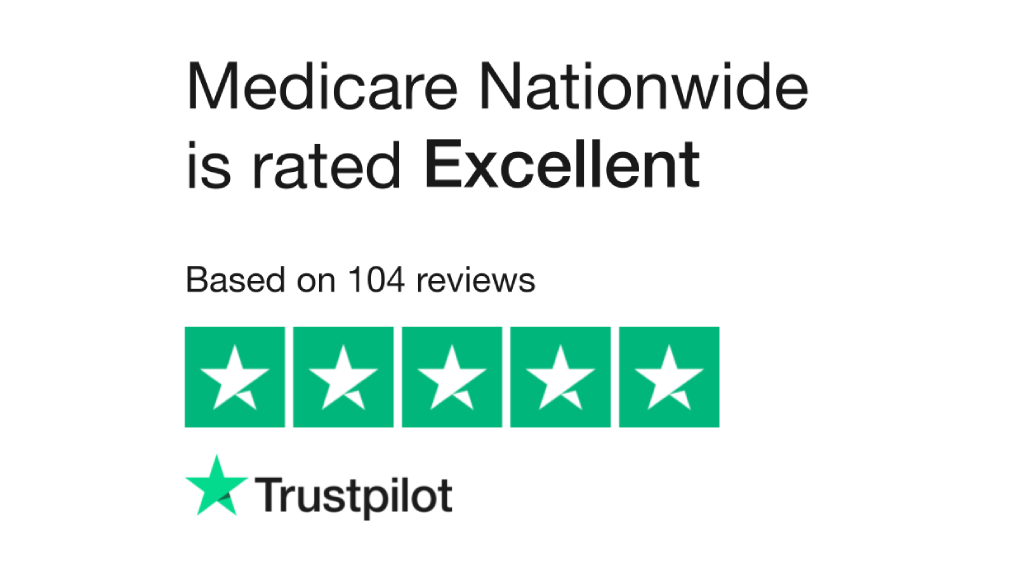
What are common vision issues that occur as we age?
Regular vision screening is important as we age. Before detailing coverage options, let’s look at why we all should be concerned with health as we age.
Eye exams can identify potential problems that can occur related to aging. Many of these conditions can be corrected or slowed if caught early.
Here are the most common conditions all of us are at risk for as we age.
- Age Related Macular Degeneration Macular degeneration is an eye disease that causes a loss of vision in the center of the eye, but not the periphery. Activities that require focus such as reading, driving or watching TV become difficult because of the diminished vision due to degeneration.
- Cataracts Most of us are familiar with cataracts because we have known other family members or friends (and even pets) who developed this condition as they aged. Cataracts are when the eye lens begins to cloud, causing blurry vision, dulling of colors and increasing sensitivity to glare.
- Dry Eyes This condition doesn’t seem very dangerous and sounds more like a nuisance. But as we age, tear production can decrease. Especially if you have spent much time in front of screens throughout your life, you can be at a greater risk. Dry eyes will reduce vision clarity and can lead to other problems, but can be easily corrected with treatment.
- Glaucoma Glaucoma covers a wide range of eye diseases. What each type of glaucoma has in common is damage to the optic nerve, often due to pressure within or behind the eye. If untreated, glaucoma can cause vision loss or blindness. Unlike macular degeneration, glaucoma begins in the periphery of the eye, eventually moving toward the center of the vision.
- Retinal Detachment This painful condition happens when the retina is torn from underlying tissue due to trauma, inflammation of the eye or other health issues. Detachment can cause permanent vision loss if not treated quickly.
- Presbyopia It’s rare for most of us to not suffer from this condition, but it is easy to correct. This medical term refers to close-up vision that degrades as we age, especially when reading. Reading glasses are the easiest solution.
- Floaters These are tiny spots or specks that drift into your vision. This tends to happen in bright light, and is generally normal. If you see a sudden increase in floaters, it could be a signal of underlying eye problems and should be checked by your eye doctor.
- Corneal disease Corneal disease affects the dome-shaped window at the front of the eye. This part of the eye helps you focus light. Many issues such as disease, infection, injury or even toxic chemicals can cause this problem. Symptoms are pain, redness, watery eyes or reduced vision. If you have any of these issues, see your eye care professional.
- Eyelid Problems As we age, many parts of our body begin to droop, and this includes our eyelids. When this happens, they can limit the amount of light that gets in the eye or even cause eyelashes to become inflamed. Medication or surgery are the best solutions if this becomes severe.
- Temporal arteritis Arteries in your temple like the arteries in the rest of your body can become inflamed or blocked. When this happens in your temple, it can affect your vision. Symptoms usually begin with a severe headache, pain when you chew or tenderness in your temple. If you don’t address these early symptoms, you may have sudden vision loss in one or both of your eyes. Early diagnosis is the best treatment.
This appointment is meant to alleviate any concerns and there is no-cost or obligation to make a change.
Diabetes or high blood pressure can both contribute to vision issues over time. You should take your eye care very seriously, and make sure to schedule regular eye exams.
A Summary of What Plan N Covers
If you’ve spent any time researching which Medicare Supplement you should purchase, you’ve stumbled on multiple plans with different coverage options. Each of these plans supplement what traditional Medicare covers. They fill in the gaps so that it feels much more like traditional health insurance you may have purchased before being eligible for Medicare.
Let’s look specifically at what Plan N offers and then we will review how the coverage relates to vision and eye care.
Plan N was designed for healthy seniors who don’t visit their doctor often. If you are healthy, this plan was created for you, and could potentially save you up to 25% of your monthly premiums. You will need a small co-pay for regular doctor visits, but it is offset by the amount you can save on premiums.
The best way to understand Plan N is to know what isn’t covered under the plan.
It does NOT cover:
- Part B deductible
- Part B excess charges
- Doctor office co-pays
- $50 Emergency Room Visits
It does cover:
- Part A coinsurance and hospital costs
- Part A deductible
- First 3 Pints of Blood
- Part A Hospice Care
- Skilled Nursing Facility Care
- 80% of Foreign Travel Emergency
What about vision care? This is what you really want to know. If you need more detail about the specifics of Plan N, see our full review of Medicare Supplement Plan N.
A Guide to What Medicare Plans Offer Vision Coverage
Vision coverage through original Medicare is limited.
Routine eye exams for glasses or contact lenses are not covered. (1)
Medicare Part A does cover medical emergencies related to vision if you are admitted to the hospital. An example is if you have an eye injury and visit the emergency room.
Medicare Part B will cover preventive treatments and screenings related to diseases affecting the eye. This includes an annual glaucoma test for at-risk individuals. At-risk individuals are those with diabetes, African-Americans and Hispanics age 65 and older, or if you have a family history of glaucoma.
Annual exams that test for diabetic retinopathy (if diabetic) are covered under Part B. Other tests such as screenings for macular degeneration and cataract surgery are covered. One pair of post-surgery eyeglasses and contacts will be covered. The supplier must be enrolled in Medicare for the cost to be covered. For each of these services, you are still responsible for the out-of-pocket cost, which is 20% of the Medicare-approved amount along with the Part B deductible. (2)
Medicare Part D offers prescription drug coverage. If you are signed up for Part D, some products such as eye drops or other vision medication may be covered if prescribed by a doctor.
Medicare Supplement plans do not cover vision outside of what is given by original Medicare. Whether you purchase Plan N or one of the more comprehensive plans, there is limited coverage.
Even though Supplements limit vision coverage, individual companies such as Cigna, Thrivent, United Healthcare, etc., may offer discounts for vision related exams and products. Ask about these perks when you are comparing companies for coverage.
If you are looking for comprehensive vision coverage and you are currently enrolled in Medicare or have a supplement plan, you should consider separate vision coverage. Multiple policies are offered that cover routine eye exams, lenses, frames and contacts that fall outside of Medicare coverage.
The other option to consider is a Medicare Advantage plan that offers vision coverage. Just make sure you understand all of the out-of-pocket expenses such as co-pays when considering an Advantage plan.
Who takes Medicare for eyeglasses?
Because there is some coverage for eyewear with Medicare, under the circumstances we detailed above, you need to be aware of the providers that will take Medicare.
The best solution is to ask the doctor who performed your eye surgery. They often have a list of providers that take Medicare for your post-surgery lenses. Many will work with local providers or even have optometry services in their office.
What should you do if your doctor does not recommend a Medicare provider?
Many medicare supplement companies often have resources and listings to help you find a local supplier. Also, if you have an eye care provider where you have purchased glasses previously, you can contact them and they will be able to tell you if they can bill Medicare.
This appointment is meant to alleviate any concerns and there is no-cost or obligation to make a change.
There are Medicare Supplement Options for Vision Needs
Vision coverage can be confusing when you enroll in Medicare. However, you do have options depending on your vision needs.
If you are concerned about the coverage gaps in many of the current plans, our experienced team at Medicare Nationwide can explain the multiple options available to find a carrier with added benefits or source a competitive product to give you comprehensive vision coverage.
Prefer to chat by phone? Give us a call at 1-888-559-0103.




